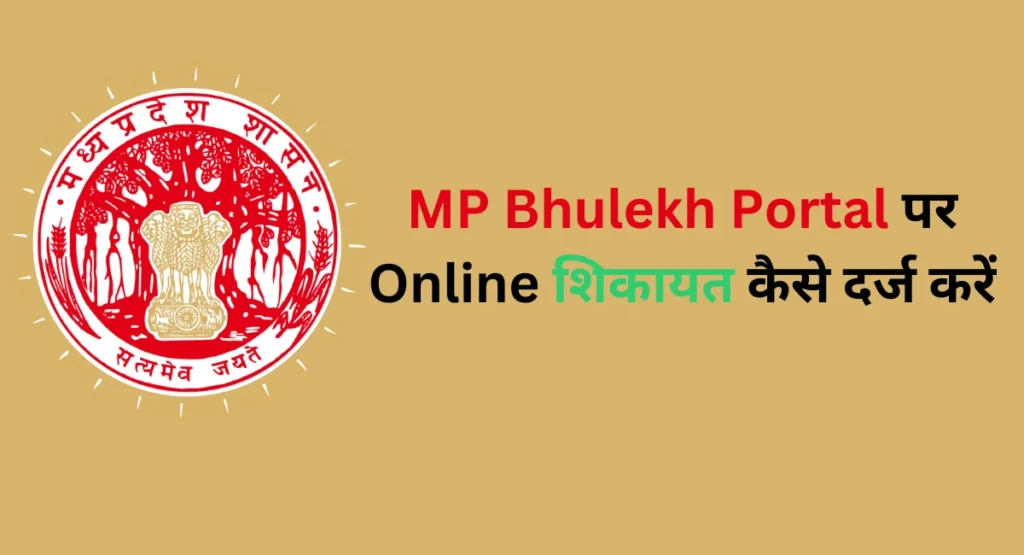“👩⚖️Expert Dispute Resolution Law Firms: Your guide📚 to finding the best legal support💼 for a smooth and successful resolution👍.”
Navigating legal disputes can be a daunting task, often requiring the expertise of specialized professionals to ensure a fair and efficient resolution. Expert Dispute Resolution Law Firms are key players in this field, providing the legal support necessary to guide you through complex conflicts and helping you achieve a successful outcome. This guide is designed to help you find the best legal support for your needs, ensuring a smooth and successful resolution to your disputes.
Understanding Dispute Resolution
Dispute resolution is an umbrella term that encompasses various methods of resolving conflicts outside the courtroom. These methods include negotiation, mediation and arbitration, each designed to foster fair agreements between conflicting parties. The primary goal is to reach a resolution that satisfies all involved, without the need for costly and time-consuming litigation.
The Importance of Choosing the Right Law Firm
Choosing the right law firm for your dispute resolution needs is crucial. The right firm will provide you with effective representation, specialized expertise and a higher chance of achieving a favourable outcome. The complexity of legal disputes often requires a deep understanding of the relevant laws and regulations, as well as the ability to navigate the nuances of each unique case. A well-chosen law firm will offer all of this, ensuring that your interests are protected and that the resolution process is as smooth as possible.
Why Businesses Need Expert Dispute Resolution Law Firms
For businesses, disputes can be particularly disruptive, affecting relationships, operations and even the bottom line. An expert dispute resolution law firm can help businesses settle conflicts efficiently, preserving relationships, minimizing legal costs and ensuring that operations continue smoothly. In addition to resolving disputes, these firms also play a crucial role in helping businesses maintain long-term stability by addressing conflicts before they escalate. This proactive approach not only saves time and money but also fosters a more productive work environment.
Navigating the Consultation Process
When seeking legal support, the initial consultation with a law firm is a critical step. To make the most of this meeting, it’s important to come prepared with insightful questions. This will help you fully understand the firm’s approach to your case, their level of expertise and their ability to represent your interests effectively. Building a strong rapport with your potential legal team is essential, as it boosts trust and communication, ensuring that your representation is aligned with your needs and goals.
During the consultation, take the time to evaluate the firm’s skills by discussing their experience with similar cases, the outcomes they have achieved and the feedback they have received from previous clients. This thorough evaluation will give you confidence in your choice of legal support and set the stage for a successful partnership.
Conclusion
In the complex world of legal disputes, expert dispute resolution law firms are invaluable allies. They guide businesses and individuals through the resolution process, helping to navigate conflicts efficiently while ensuring legal compliance. Taking the time to secure the best possible legal support is essential, as it ensures that you fully understand your options and are positioned for the best possible outcome.
FAQs
Is dispute resolution a good career?
Pursuing a career in dispute resolution offers diverse opportunities, fostering negotiation skills while helping parties reach amicable solutions to their conflicts.
What is the least expensive way to resolve a legal dispute?
The most cost-effective method for resolving a legal dispute is often through mediation or negotiation, avoiding extensive court proceedings and fees.
What are the five 5 methods of dispute resolution?
The five methods of dispute resolution include negotiation, mediation, arbitration, collaborative law and litigation. Each offers a different approach to resolving conflicts.
Is dispute resolution better than litigation?
Dispute resolution fosters agreements through dialogue, often saving time and costs compared to the formal, lengthy procedures of traditional litigation.


